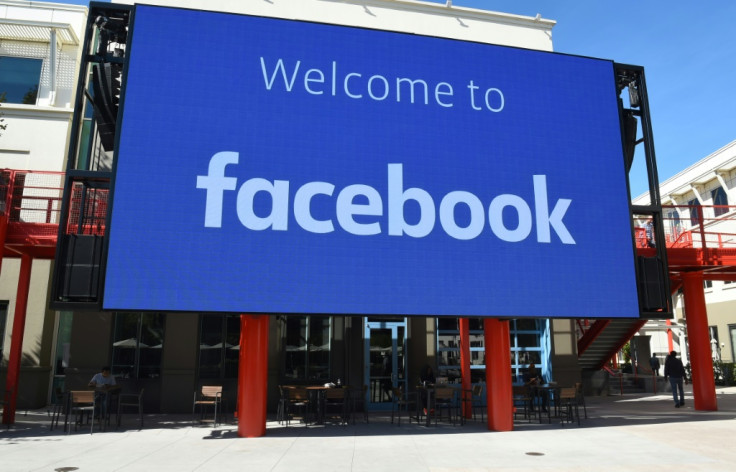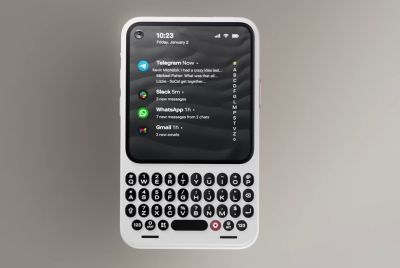Facebook to pay users $650 million in class action suit over privacy law woes
The California federal court ordered Facebook to pay 1.6 million Illinois residents, and each will receive around $345 under the settlement.
Facebook has been slapped with a grim court decision after the social media giant was ordered to pay $650 million on Friday for violating the Illinois privacy law.
The law that was allegedly violated was the Biometric Information Privacy Act (BIPA), TechCrunch stated. It is a regulation imposed by the state that has caused tech companies to experience a lot of business woes in recent years.
The suit against the social media giant was filed in 2015. It alleged that the practice of Facebook of automatically tagging users whenever they appear in photos using facial recognition even if they did not give any consent was a violation of the BIPA law.
The California federal court ordered Facebook to pay 1.6 million Illinois residents, and each will receive around $345 under the settlement. The total settlement granted by the court was $100 million more than what was initially proposed by Facebook in 2020. However, the judge deemed that the proposed amount of $550 million was insufficient.
In 2019, Facebook already disabled the automatic facial recognition tagging feature. The tech giant allowed users to opt-in if they still want to make use of the said feature. At the time, it also addressed some issues raised in the Illinois class action suit.
The BIPA caused many tech giants to lose money. However, it would seem that the more vulnerable ones affected by the privacy law are the smaller tech companies. The $650 million settlement adjudged against Facebook may not shake its coffers but other tech companies that are facing similar woes in court may be compelled to either slow down or completely shut operations.
One company that is currently facing its own BIPA-based class action suit in the same state is Clearview AI. It is a facial recognition software company that is battling for its own survival in court. The company admitted to scraping and analysing data of millions of users on social media.
In 2020, due to the mounting pressure stemming from lawsuits, the company cancelled its relationship with private companies after evidence appeared that the company was likewise being used by private entities like Macy's, Target and Walmart. Its CEO Hoan Ton-That told BuzzFeed that the software was initially meant for law enforcement.
Although the law could not just "punish" tech giants like Facebook, it can still be an initial step towards tighter privacy measures. The Illinois privacy act can just be a model that other states can follow.
© Copyright IBTimes 2025. All rights reserved.






















